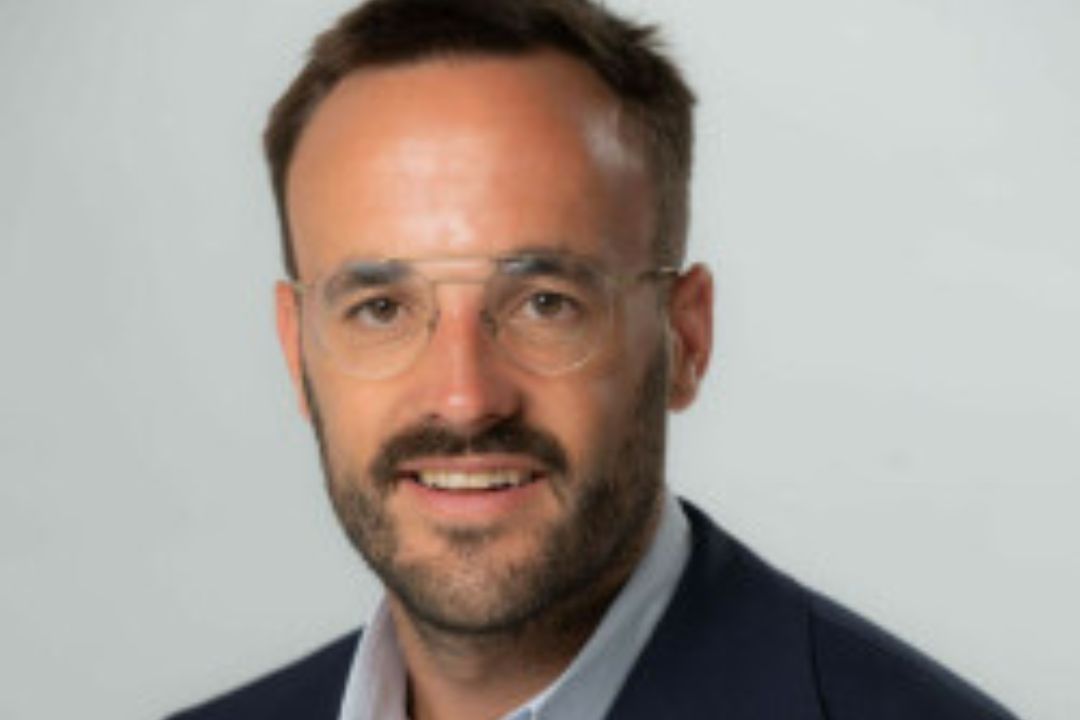24th February 2021
Seven healthcare start-ups were created as a result of EIT Jumpstarter’s 2020 edition. Newly registered companies are offering a wide range of ideas: from treating lower-back pain to revolutionising the way Autism Spectrum Disorder diagnoses are made.
“We launched EIT Jumpstarter four years ago to support innovative research results from emerging European regions to reach the market and work towards the benefit of the wider European Society. Each year we screen several hundreds of applications looking for the most innovative solutions dedicated to a specific global challenge, from healthy living to sustainable energy and food. Last year was particularly successful regarding the percentage of start-ups created in the health category”, said Dora Marosvolgyi, EIT Jumpstarter Manager, who is leading the pre-acceleration programme for young innovators with ideas that can revolutionise one of six top tier industries, including healthcare. Candidates applying to the programme usually are on the early stage of their innovation pathway, and they only have an innovative concept. Not every idea can be transformed into a business case throughout the programme. But 2020 was extraordinary. Out of 20 teams focused on health solutions, seven went on to create a company: that puts the success rate to 35%, the highest this category has ever seen.
We reached out to the six finalists to follow–up with them and received nothing but good news. Rob Schubert, CEO of VocDec, a start-up that “wants to revolutionise the Autism Spectrum Disorder diagnosis“ underlined that they are on pace to “develop the first prototype to prove and show the potential of the solution”. He also shared that with all the publicity VocDec received after the EIT Jumpstarter finals, they built many promising connections. These connections had led to access a database on which the prototype will be based. This has been the critical next step for realising it.
FETALIX, a Portuguese start-up whose goal is to solve lower-back pain, has changed its business model to enter the pet care market first. The requirements are less strict, and they can start distributing the product quicker. This also helps mitigating the unlikely but possible obstacles regarding the legal and medical approval processes. Joana Caldeira, CEO of FETALIX was super-happy when they won EIT Jumpstarter in 2020 in the Health category. She stated that they evolved a lot last year, as „learnt the key elements required to make a strong team and what areas of expertise we needed to strengthen. [Also] we learnt how to talk to investors, how to make an appealing pitch and how to accurately identify key value drivers.”
And they are not alone with their accelerated journey, Dora says. “It is our goal to help these innovators to jumpstart their business and set them on course to have a viable product in the foreseeable future. We provide them with basic business knowledge, since that is the main thing, they are lacking, as they are often postgrad or PhD students in their fields.”
But EIT Jumpstarter is just the first step. Innovators often move to the next level within the EIT Knowledge and Innovation Communities, from the Health track they usually enter the InnoStars Awards, like Ligence, a start-up using artificial intelligence to improve the quality of heart ultrasound accuracy and decrease average examination time. They came in second in the Health category at EIT Jumpstarter in 2019 and won the InnoStars Awards in 2020. Today Dovydas Matuliauskas, Ligence’s CFO and co-founder is planning to have their product launched in summer 2021. EIT Jumpstarter seems to be a natural starting point for innovators, who want to transform their early-stage ideas into budding businesses.
Croatian young innovator Martin Žagar, another participant of the EIT Jumpstarter, shares the same eagerness to materialise his ideas. Obrt Žagar‘s solution is designed to reduce the system requirements and boost the speed of the examining data in DICOM (medical image standard) viewers and also reduce the storage requirements. The founder of the start-up plans to enter the Croatian market to get the reference and to have a solution initially deployed, so it can serve as a showcase. And Obrt Žagar is not slowing down, their long–term plan is to improve image viewers currently present on the market, so the computations of motion detections will be much faster and equally accurate as when using the full search algorithm. According to the team, “the main advantage of the solution would be also the reduced cost of the equipment needed to run such applications (because of less computational complexity, it will need less computer power).”
Three other finalist teams, who founded their company were Axodynamic, Neurotech and Semse World. The seventh start-up was founded by the members of Sim Postura, who trusted their idea even though they missed the finals by the skin of a teeth.
The EIT Jumpstarter aims to create sustainable impact in the Central-Eastern and Southern-European regions by boosting innovation and entrepreneurship within more moderate parts of EU. The competition is organized by EIT Health, EIT RawMaterials, EIT Food, EIT InnoEnergy, EIT Manufacturing and EIT Urban Mobility, Knowledge and Innovation Communities of the European Institute of Innovation and Technology. The programme is coordinated by EIT Health InnoStars. More here.
Europe's top health start-ups take centre stage: EIT Health Catapult winners are revealed at HLTH Europe

2025 Catapult programme winners announced.
Finding Europe’s next healthtech leaders: Insights from Antoine D’Hollander

Insights from Antoine D’Hollander, Capricorn Partners.
EIT Health supports 17 promising deep tech start-ups bridge the ‘Valley of Death’

Providing start-ups with the right support.